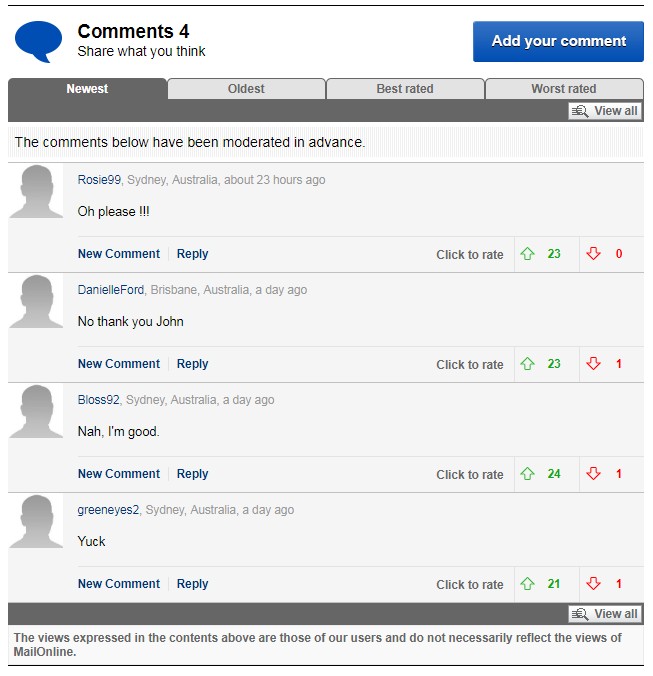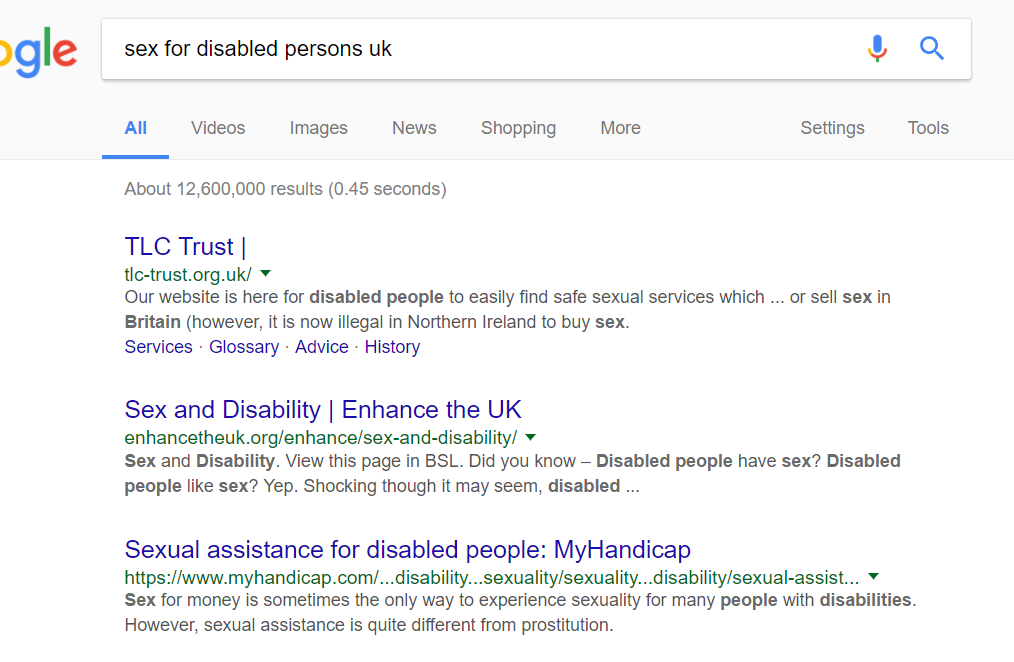The Guardian runs a regular column called “Sexual Healing” and while I rarely find anything more than safe platitudes in the columnist’s replies to readers’ problems, I do think that the topics are often important and deserve a better response than “Partners have to teach each other how they like to be pleasured”. I think we worked that out back in the sixties, possibly the seventies… We know that and it has precisely nothing to do with the woman in question’s dilemma.
In this particular article the reader raises a very difficult topic
I left my husband because the sex was boring and nonexistent. I’ve since met another guy and while our sex life was great for a while, when we moved in together it all but disappeared.
https://www.theguardian.com/lifeandstyle/2021/jul/14/i-left-my-husband-because-the-sex-was-boring-now-im-having-the-same-problem-with-my-new-partner
This is a problem that I as a straight male escort for women I hear all the time – and I know that female sex workers hear it from male clients too.
This is a universal problem for human beings – mismatched libidos.
So lets start with some fundamentals:
- You may naturally have a low libido, or a high libido – neither is “right” or “wrong”
- Your libido will change during your life. It is effected by hormones, stress, sleep, work schedule, age, and more
- Attraction between people changes over time and with that the sexual relationship almost certainly will change as well
Here’s the most important one:
- Societal norms including marriage, monogamy, the “nuclear family”, education, and career are almost always prioritised over our sexuality and as a result we rarely have happy, fulfilling sex lives
So that’s the groundwork laid. So lets go back to the reader’s problem:
- She has a high libido
- Her husband wasn’t interested
- She left her husband to get the sex that she wanted
- She found a guy and was having great sex with him
- She moved in with him and the sex died
- She found out that he looks at porn
- She is back to square one in an almost sexless relationship
I’m pretty sure that you can see that the columnist saying “Partners have to teach each other how they like to be pleasured…” does nothing to untangle this woman’s mess. They were having good sex, so I’m pretty sure that they both knew what each other wanted.
So here’s how I would reply to her:
It appears from your description that you aren’t hungry for variety and novelty in your sex life (as some people are), but that you would happily have lots of sex with one partner.
The problem isn’t your partner’s libido – at least it’s not fair to blame that – the problem is monogamy and the expectation that one person can give you all of the sex that you need (and to be clear this applies equally if the genders are reversed).
Many people automatically assume that sex means relationship means marriage means happily ever after. It’s a lie. A lie that makes most of us more or less unhappy in our long term relationships (just look at divorce rates if you reflexively disagree with that statement).
The hard reality is that long term relationships almost always change the way that we see our partner (and ourselves), how we feel about them, and the way in which we are attracted to them. The changes may be positive or negative or something else altogether. But we will change – and that includes how we feel about our partner and ourselves sexually. So expecting the fire and intensity and frequency of “new relationship sex” to endure beyond the “new relationship” is not reasonable and may well wreck the good things that do endure or grow with a partner.
One of the primary reasons for married women coming to see me is that they are generally happy in their relationship with their partner, but they just can’t get the sex that they want. So rather than blowing up their lives (and their partner and often children’s lives) “just” for sex, they find a different way to fill that need. For some women that means coming to see me – but that’s not what I’m advocating for here, it’s just one solution among several.
I’m advocating for changing the way you look at sex and long term relationships. Requiring a long term partner in a monogamous relationship to fill all of your sexual needs is usually going to end up with you wanting more than they can give – based on what you have said. The only difference between one partner and another will be by how much you feel you are missing out on.
Then that frustration spill over and poisons the rest of the relationship and… well you have lived the experience of where that leads.
The solution is: accept that if you want to be in a long term committed relationship that, because you have a high libido, you won’t get all of the sex you need from that one person so you are going to have to work out an arrangement with them that lets you get it with someone (or more) outside the relationship.
Of course this means that you have to extend your partner the same privilege. In that lies the opportunity to perhaps do it together – which might be its own kind of fun. I have known a number of clients who went down this path, initially seeing me to fill a personal need for sex, but eventually negotiating with a partner to explore their sexuality together with other people. Other clients have negotiated with their partners to play separately. Some simply choose to see me every month or two.
The point is that if you have a high libido you need to look for solutions beyond expecting one person to give you everything that you need sexually to be happy. It’s not easy. It’s not convenient. And it will require significant effort to make it work – and you won’t be able to make it work with some partners. But if you can then you might just discover an entirely new life that is rewarding in more ways than just giving you the sex that you need.
John.




 You can see my masterful dart throwing talents in the film above.
You can see my masterful dart throwing talents in the film above.